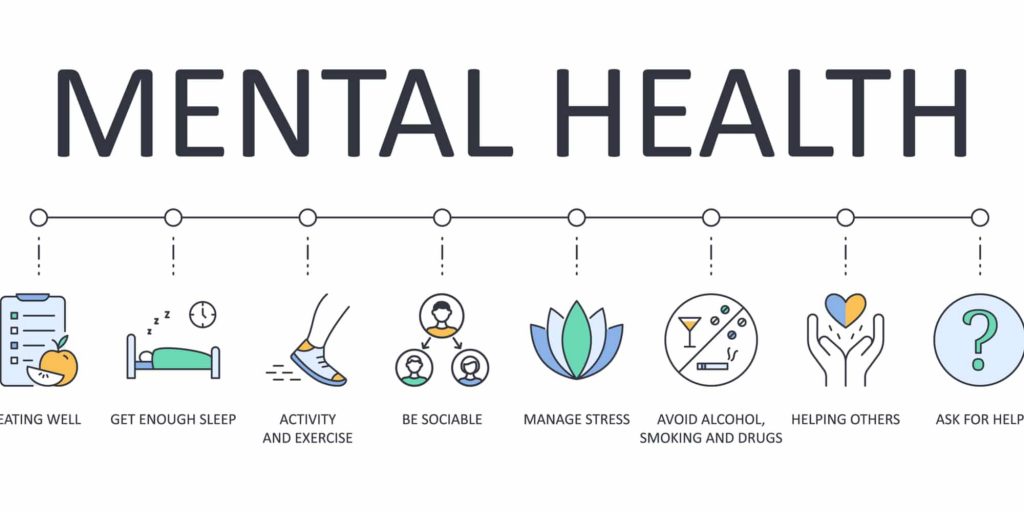Contents
Images References :
In today’s digital age, having a strong online presence is essential for businesses of all sizes. Search engine optimization (SEO) plays a crucial role in driving traffic to your website and improving your visibility in search results. By optimizing your content, you can increase the likelihood of your website appearing higher in search engine rankings, resulting in more website visitors and potential customers.
Optimizing content for search engines involves a multifaceted approach that considers both the technical aspects of your website and the quality of your content. By following best practices and incorporating relevant keywords, you can create content that not only resonates with your target audience but also appeals to search engines.
To help you achieve optimal SEO results, here are some tips for optimizing content for search engines:
Tips for optimizing content for search engines
An important aspect of optimizing content for search engines is structuring your content in a logical and easy-to-understand manner.
- Use headings and subheadings
By using clear and descriptive headings and subheadings, you can help search engines understand the hierarchy of your content and make it easier for users to skim and find the information they are looking for.
Use headings and subheadings
Headings and subheadings are an important part of content structure. They help to break up your content into logical sections, making it easier for readers to skim and find the information they are looking for. They also help search engines to understand the hierarchy of your content and the relative importance of different sections.
- Use clear and descriptive headings
Your headings should accurately reflect the content of the section they introduce. Avoid using vague or generic headings like “Section 1” or “Topic A.” Instead, use headings that are specific and informative, such as “The Benefits of Content Optimization” or “How to Optimize Your Content for Search Engines.”
- Use a hierarchy of headings
Headings are organized into a hierarchy, with H1 being the most important heading and H2, H3, and so on being less important. Use H1 for the main title of your article or blog post, and then use H2, H3, and so on for subheadings and sub-subheadings.
- Use headings to improve readability
Headings help to break up your content into smaller, more manageable chunks, making it easier for readers to read and understand. They also help to create a visual hierarchy, making it easier for readers to skim your content and find the information they are looking for.
- Use headings to improve SEO
Headings are an important factor in SEO. Search engines use headings to understand the structure of your content and the relative importance of different sections. By using clear and descriptive headings, you can help search engines to better understand your content and improve your rankings in search results.
By following these tips, you can use headings and subheadings to improve the structure of your content, making it easier for readers to read and understand, and for search engines to index and rank.
FAQ
Here are some frequently asked questions about optimizing content for search engines:
Question 1: What is content optimization?
Content optimization is the process of improving your content to make it more visible and relevant to users and search engines. This involves optimizing your content for both on-page and off-page factors.
Question 2: Why is content optimization important?
Content optimization is important because it can help you to improve your website’s ranking in search results, which can lead to increased traffic and conversions.
Question 3: How can I optimize my content for search engines?
There are many ways to optimize your content for search engines, including using relevant keywords, writing clear and concise content, and using headings and subheadings to structure your content.
Question 4: What are some common mistakes to avoid when optimizing content?
Some common mistakes to avoid when optimizing content include keyword stuffing, using hidden text, and creating content that is not relevant to your target audience.
Question 5: How can I track the results of my content optimization efforts?
You can track the results of your content optimization efforts using Google Analytics or other web analytics tools. These tools can help you to track your website’s traffic, rankings, and conversions.
Question 6: How often should I optimize my content?
You should optimize your content on a regular basis, especially when you make changes to your website or when new information becomes available.
By following these tips, you can optimize your content for search engines and improve your website’s visibility and ranking.
In addition to the tips provided in this FAQ, there are many other things you can do to optimize your content for search engines. For more information, please refer to the following resources:
Tips
Here are four practical tips for optimizing your content for search engines:
1. Use relevant keywords throughout your content.
Keywords are the words and phrases that people use to search for information online. By including relevant keywords in your content, you can make it more likely that your content will appear in search results when people search for those keywords.
2. Write clear and concise content.
People are more likely to read and engage with content that is well-written and easy to understand. When writing your content, use clear and concise language, and avoid using jargon or technical terms that your audience may not understand.
3. Structure your content using headings and subheadings.
Headings and subheadings help to break up your content into smaller, more manageable chunks, making it easier for readers to skim and find the information they are looking for. They also help search engines to understand the structure of your content and the relative importance of different sections.
4. Promote your content on social media and other online channels.
Once you have created high-quality content, don’t forget to promote it on social media and other online channels. This will help to get your content in front of a wider audience and increase the chances of people finding and reading it.
By following these tips, you can optimize your content for search engines and improve your website’s visibility and ranking.
In addition to the tips provided above, there are many other things you can do to optimize your content for search engines. For more information, please refer to the following resources:
Conclusion
Optimizing your content for search engines is an important part of any digital marketing strategy. By following the tips outlined in this article, you can improve your website’s visibility and ranking, and attract more organic traffic to your website.
Remember, content optimization is an ongoing process. As search engine algorithms change and new technologies emerge, it is important to stay up-to-date on the latest best practices. By regularly reviewing and updating your content, you can ensure that it remains relevant and visible to your target audience.
By investing in content optimization, you can improve your website’s performance, reach a wider audience, and achieve your business goals.




